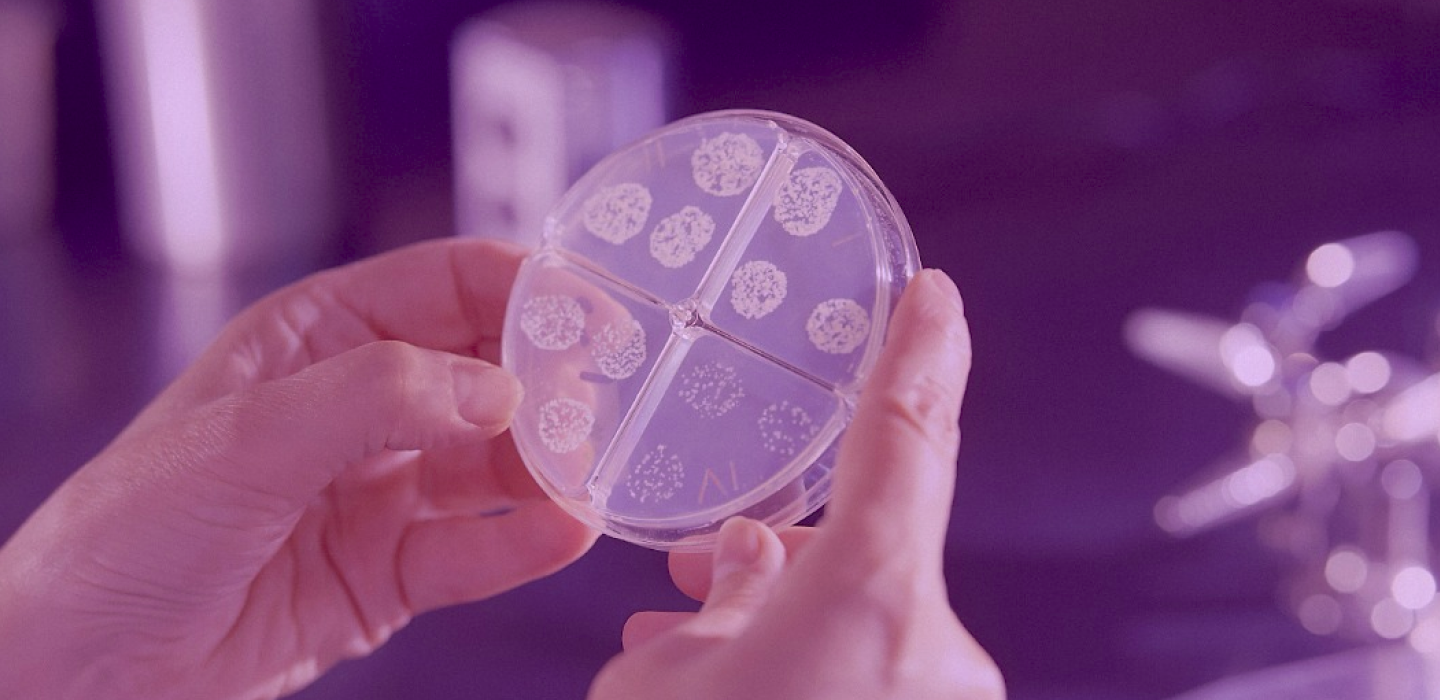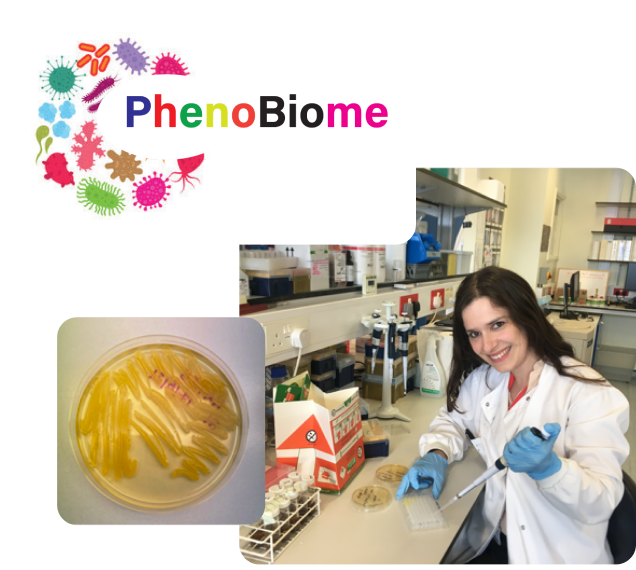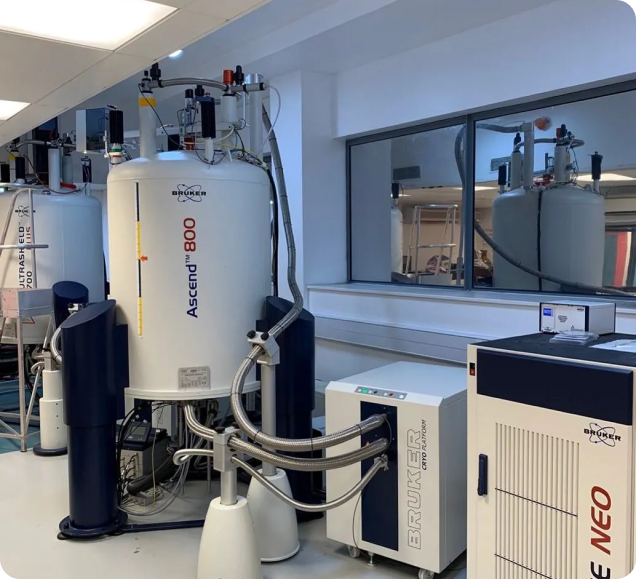

Overview
There is wide variation in the clinical manifestation of atopic dermatitis (AD). The well-recognised phenotypes – flexural AD, follicular AD and discoid AD – have different treatment responses with follicular and discoid AD being more treatment-resistant than flexural AD. The mechanisms underlying this disease heterogeneity are poorly understood but there is increasing evidence for the role of the skin and gut microbiota and their associated metabolic and downstream immuno-modulatory effects in the disease.
Skin and gut microbiome and metabolome samples will be collected from paediatric AD patients (n=75) age 2-18. Skin tape strip samples will be collected for cytokine assessment. The integration of these datasets with detailed clinical phenotypes will provide a comprehensive multi-level profile of the microbiota and associated metabolites and immune markers in AD and over the course of disease flares.
The outcomes of this work may identify distinct microbiome, metabolome and immune signatures associated with flexural vs follicular vs discoid AD, novel subtype-specific mechanisms of disease pathogenesis and therefore has the potential to reveal disease markers and therapeutic targets for AD clinical phenotypes.
Our aims
Aim 1
Identify skin and gut microbiota, metabolome and immune profile signatures associated with different clinical phenotypes of AD
Aim 2
Investigate how these AD phenotype-associated signatures change during disease flares


Find out about the technology we are using
We are using our Nuclear Magnetic Resonance (NMR) Facility for this project.
The NMR Facility provides King’s researchers with access to state-of-the-art high-field nuclear magnetic resonance spectrometers and provides expert support and expertise to users conducting a wide variety of biological and chemical research.
Funded by Pfizer Ltd





